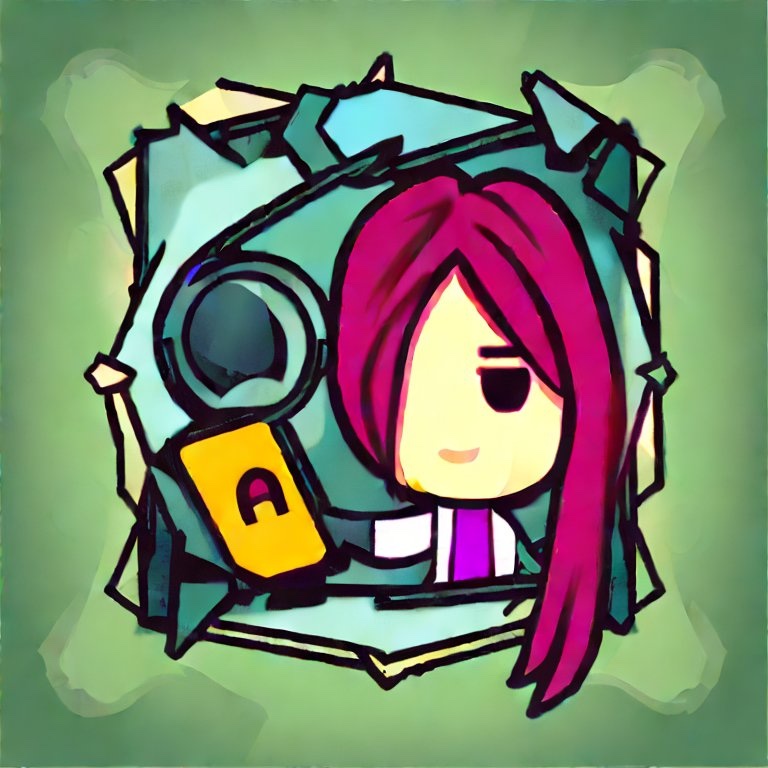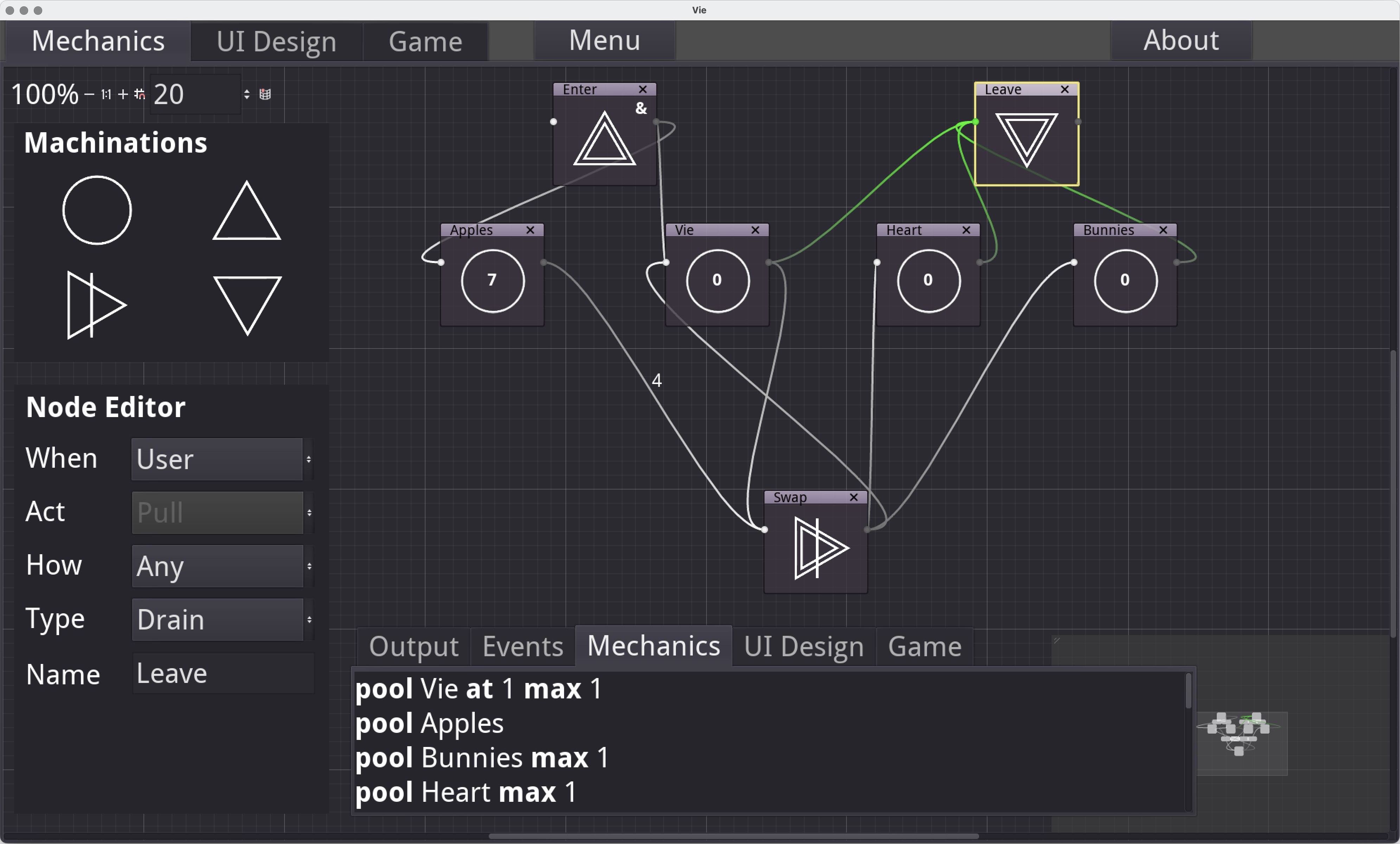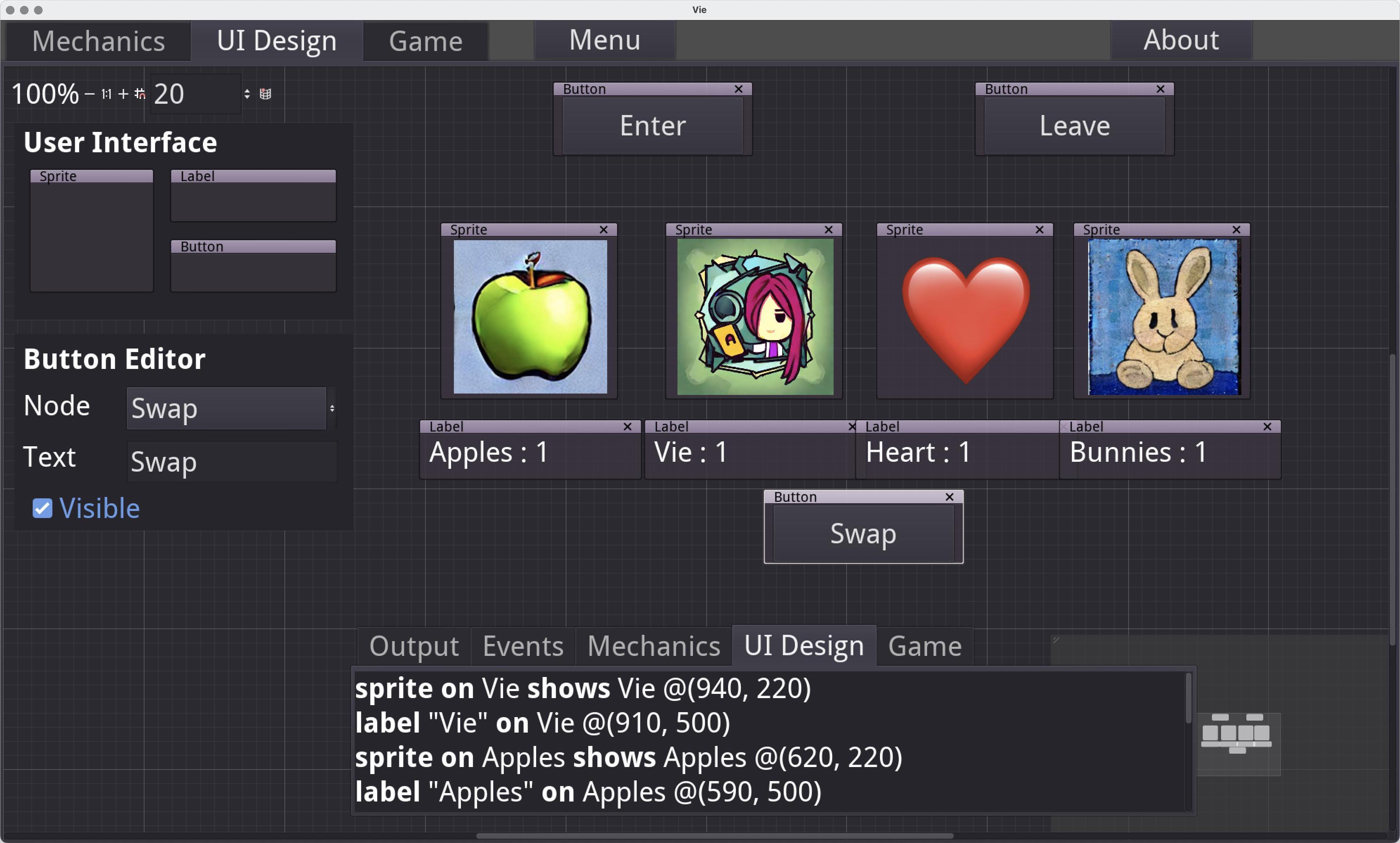FDG2025 | 1st Workshop on Live Game Design, April 15 2025 | Vienna & Graz, Austria
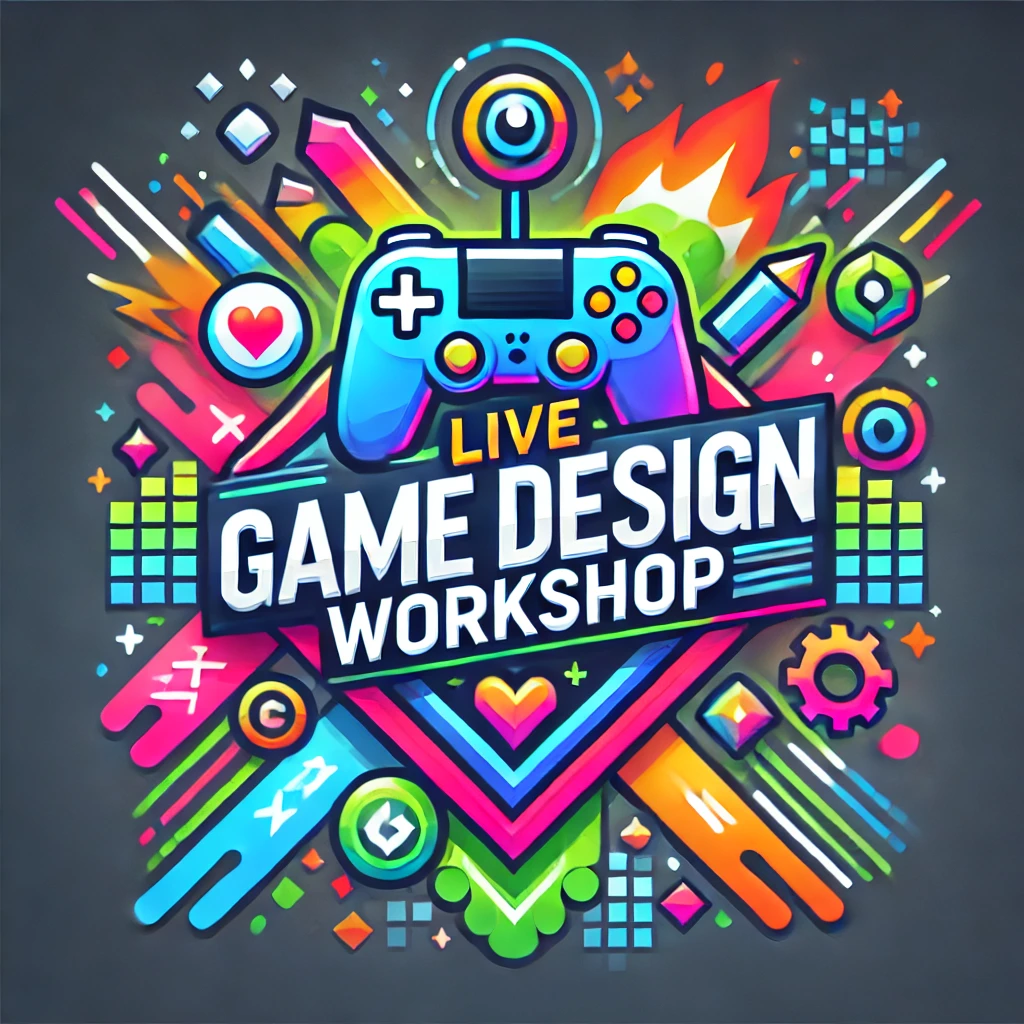
Live Game Design has the potential to provide powerful, accessible, and standardized solutions for authoring, prototyping, and playtesting games for everyone. However, currently, design tools still lack intuitive user interfaces and real-time feedback mechanisms for rapid design iterations. Designers of all experience levels need immediate feedback and suggestions (feed-forward) on how changes to rules and content affect and improve dynamics and gameplay.
The Live Game Design workshop brings together researchers, designers, and educators who develop, apply, and teach these tools. Together, we will explore how better tools can empower creators, accelerate prototyping, support education, and make game design more engaging, intuitive, and alive. The workshop will feature an industry keynote by Joris Dormans, a hands-on mini game jam suitable for beginners, and an interactive panel discussion.
Venue
The Live Game Design workshop is co-located with the International Conference on the Foundations of Digital Games (FDG 2025), held in Vienna and Graz. More details: http://fdg2025.org
- Venue: University of Vienna (Universität Wien), Hauptgebäude
- Date: Tuesday April 15th 2025
- Time: 10:30 - 12:00
- Room: Erika-Weinzierl-Saal
Activities
The workshop will host three types of activities.
1. Keynote by Joris Dormans

Bio. Joris Dormans is the founder of indie game company Ludomotion that is renowned for its state-of-the-art content generation in its roguelike-ish titles Unexplored 1 and 2. One day a week he stays in touch with his academic roots as an assistant professor involved with the Game Studies minor at the humanities department of Leiden University.
Generative Progress. Since I decided to favor indie game development over a predominantly academic career almost 10 years ago, I have had the opportunity to put all those fancy content generation techniques into practice. Looking back at those years of development I am surprised how little I changed to the core techniques. At the same time, I have become much more bold in the way I am using the techniques. Over the years I have found that, when leveraged in the right way, the value of content generation is in its affordance for radically different game designs.
2. Mini Game Jam
Join this beginner-friendly mini game jam on Live Game Design. Experiment with Vie: a powerful tool for rapid 2D game prototyping that provides real-time feedback on game mechanics. After a brief demo, you can design and playtest your own prototype, live.
Hosted by: Riemer van Rozen and Daria (Dasha) Protsenko
Preparation: Bring your own laptop and download Vie in advance: https://vrozen.github.io/Vie
3. Panel Discussion
Join our panelists for a discussion on challenges of game design, programming education, and the future of game development tools, with insights from industry leaders and academics.
Panelists:
- Joris Dormans (Ludomotion and Leiden University)
- Fares Kayali (University of Vienna)
- Rafael Bidarra (TU Delft)
Moderator: Anders Bouwer
Topics include but are not limited to:
- Applying game design and development tools in practice.
- Teaching game design and digital prototyping to students and novices.
- Creating live, AI-assisted, and visual programming tools for game design.
Schedule
The workshop keeps a tight schedule.
| Time | Topic | Speaker/Host |
|---|---|---|
| 10:30 – 11:05 | Industry Keynote on Generative Progress | Joris Dormans |
| 11:05 – 11:30 | Mini Game Jam on Live Game Design | Riemer and Dasha |
| 11:30 – 12:00 | Panel Discussion | Anders |
Organizers
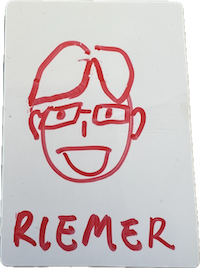
- Riemer van Rozen is a postdoc in the Software Analysis & Transformation group at Centrum Wiskunde & Informatica. He conducts applied research, developing languages and tools that improve software quality, speed up design, and support maintenance. His research interests include programming languages, procedural content generation, and live game design. https://vrozen.github.io
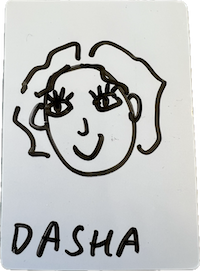
- Daria (Dasha) Protsenko is a Master’s alumna from the University of Amsterdam. She’s conducting research on how visual Domain-Specific Languages and generator-agnostic tools can bridge the gap between level design sketches and level generator implementations.
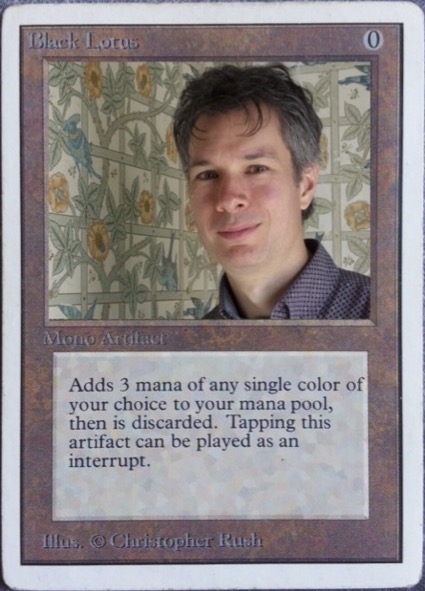
- Anders Bouwer is a rearcher in the Smart Education group and a Lecturer of Informatics at the Amsterdam University of Applied Sciences. His research interests include artificial intelligence, intelligent user interfaces, interactive learning environments, music computing, procedural content generation and live game design. https://andersbouwer.wordpress.com
